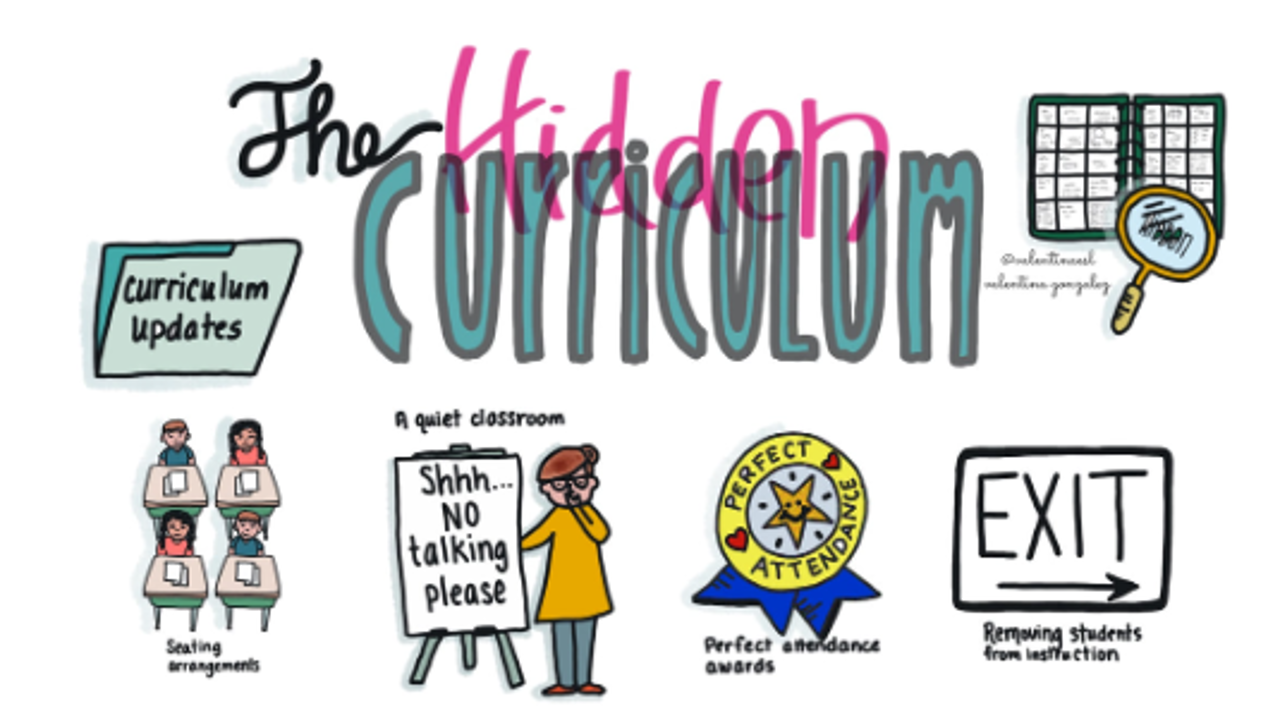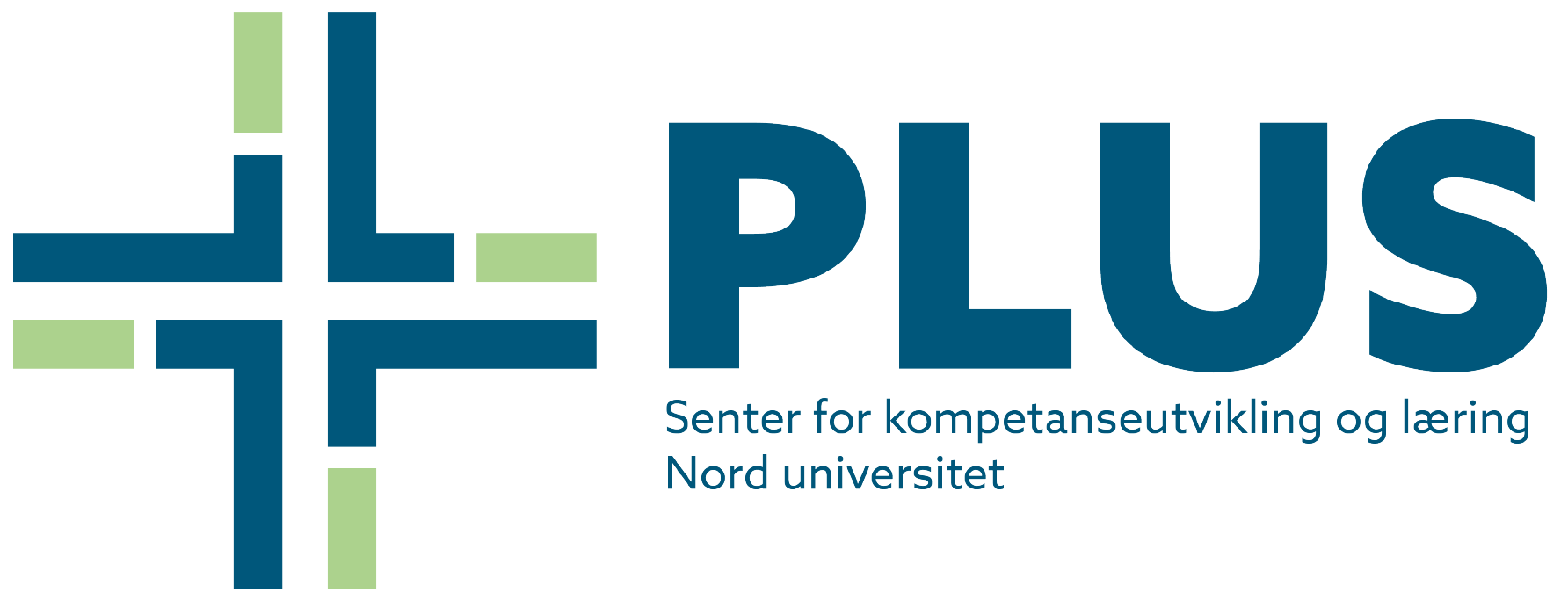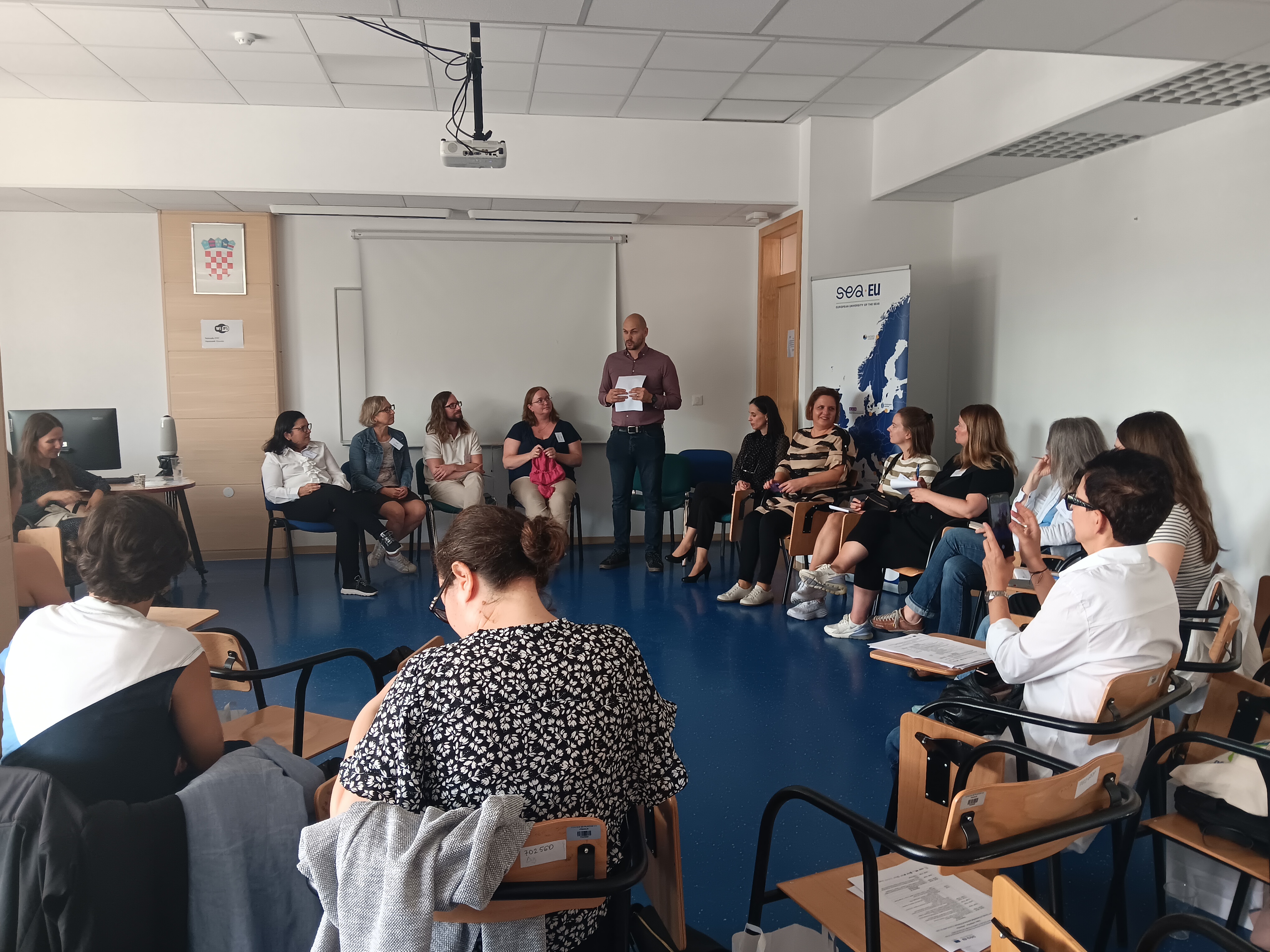By Anne Sofie Andaas Elgseter, 27 October 2024
The seminar at the University of Split focused on better understanding today’s students and the challenges universities face in teaching.
Employees, professional environments and faculties are encouraged to establish contact with relevant environments at partners in SEA-EU to develop collaboration in research, innovation, education and other areas that can provide development for the university and the professional areas in the alliance collaboration. Staff seminars (Staff Week) are one of the initiatives that employees in the SEA-EU university alliance can participate in.
In September this year, I attended a staff seminar at the University of Split. The purpose of the seminar was to learn how to become better professionals by gaining a deeper understanding of students and current challenges, and to contribute to developing the institutions to achieve a better learning environment for students. I applied for Erasmus funds which covered about half of the cost of the trip, with the rest of the cost covered by PLUS. We were 3 administrative employees who represented Nord University at the seminar.
The seminar was organized at the Faculty of Humanities and Social Sciences at the University of Split. The participants gained insight into various current topics such as inclusion, transversal skills, co-creation process between students and teachers, migration, development of critical thinking, social responsibility etc. The aim was improving the quality of the higher education process and the level of collaboration with students.
There are clear advice and guidelines for what constitutes quality in teaching. Educational quality deals with research-based teaching, guides University and College Regulations, ESG standards, learning pedagogy, professional environment, learning outcomes and more. But there are also other more undefined conditions that also affect the quality of teaching, and this was the topic of several of the papers at the seminar.
Hidden curriculum (hidden curricula)
The hidden curriculum represents our expectations, attitudes, values, behaviors that are not defined by the formal curriculum. (quote from the presentation by Assoc. Prof. Morana Koludrović, PhD)

The hidden curriculum was a topic that was presented, and which was a recurrent discussion in during the seminar. We discussed how aware we are of what we communicate and what is not part of the syllabus. Hidden curriculum can be the physical framework, the organization of the classroom and the extent to which we unconsciously and consciously communicate our own values and opinions through teaching. Furthermore, it was discussed whether transversal skills are only part of the formal curriculum, or whether we as universities should promote this type of skills also outside the formal curriculum in order to make students better able to face a rapidly changing reality.
The seminar helped create a greater awareness of this for the participants, and it was discussed to what extent and whether it is appropriate to have completely neutral frameworks. Can the hidden curriculum promote or hinder the development of critical thinking for the students?
Meeting Generation Z in today’s teaching
Several of the lectures highlighted different perspectives on how the world and realities are rapidly changing, and questions were asked about how we as educational institutions can meet these challenges. The challenges that were described included topics around sustainability goals, how we create inclusion and diversity, challenges in facing AI and a rapidly changing news landscape with potentially fake news. Something that was particularly discussed in the group was how we can best meet generation Z.
Generation Z (often abbreviated Gen Z ) is a term used for the generation born from the mid-late 1990s to the early 2010s . Generation Z is the generation born after the millennial generation and before Generation Alfa People of this generation have often used modern technology and the internet for large parts of their lives, and thus have good knowledge and expertise in technology and social media. ( wikipedia.org )
This is the generation of students we have in education courses at our universities today. In the seminar, the students were described as highly skilled digitally highly, but with a short attention span and potential lack of motivation to sustain long courses of study. An important topic that came up and about which there were different opinions was the extent to which we should adapt to the generation’s distinctive features.
Some participants in the seminar described how they tailored the teaching, and partly the syllabus, so as not to require the students to follow long parts of the teaching without interruption. The purpose was to get the students through the course, and various techniques and methods were shown to change the teaching methodology during each lecture in order to keep the students’ attention. Others problematized adapting to Generation Z too much, and that we, as teachers, should demand more from our students. This is because when they enter working life, something we will prepare them for, they should be able to focus on and familiarize themselves with longer texts or maintain focus for a longer period of time.
- It would have been interesting to learn more about how those who teach students today approach these topics. How do you relate to this?
Read more about the staff week organized by SEA-EU here: https://sea-eu.org/staff-mobilities/

